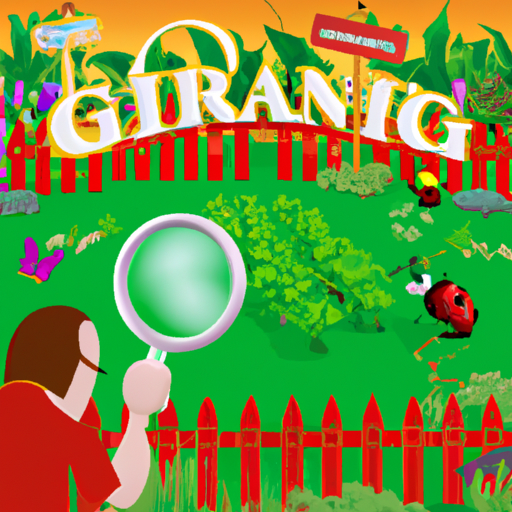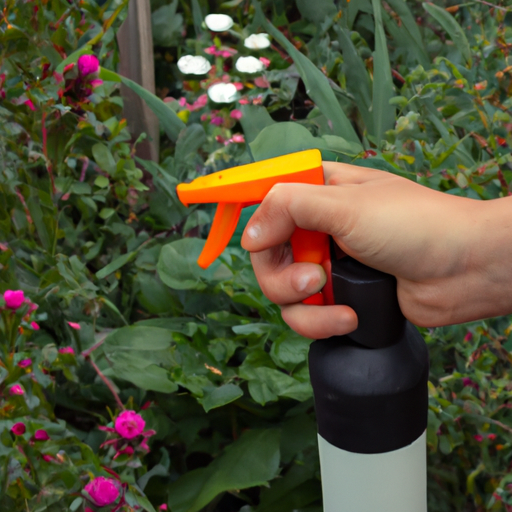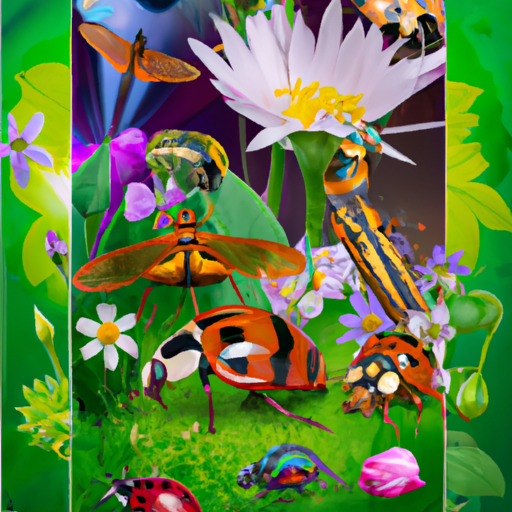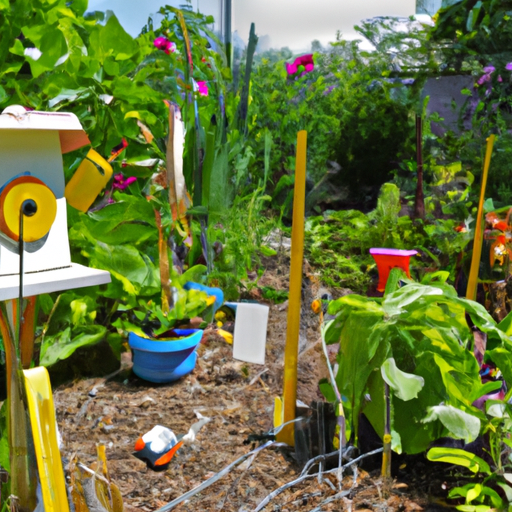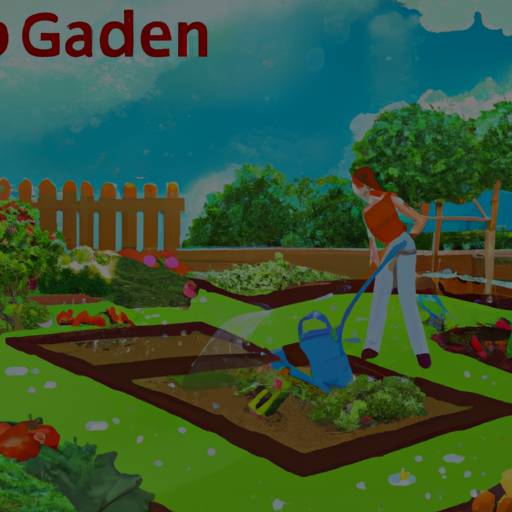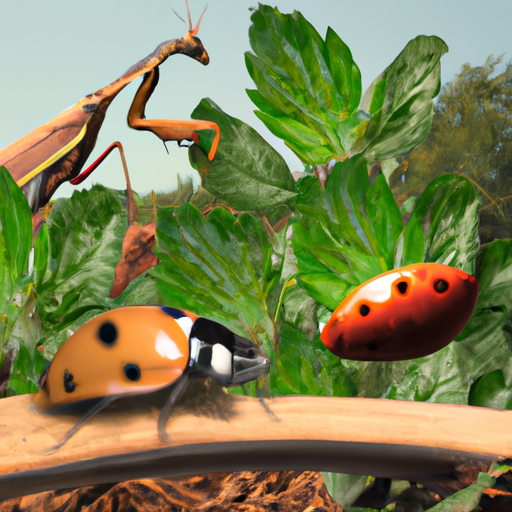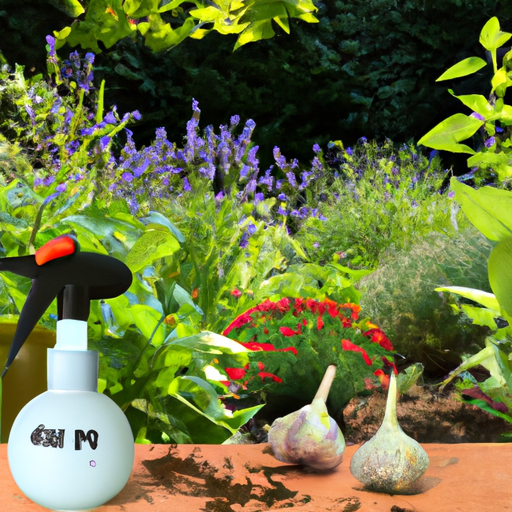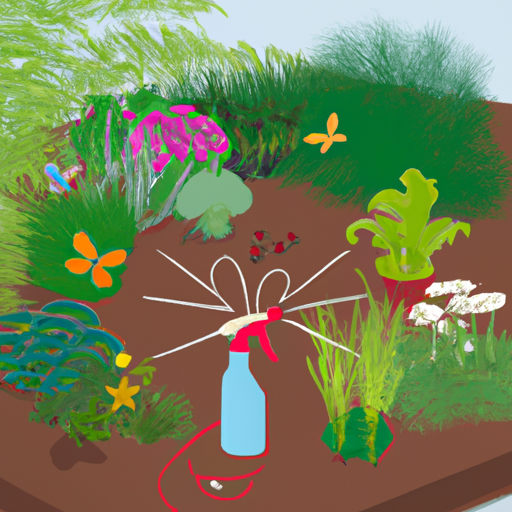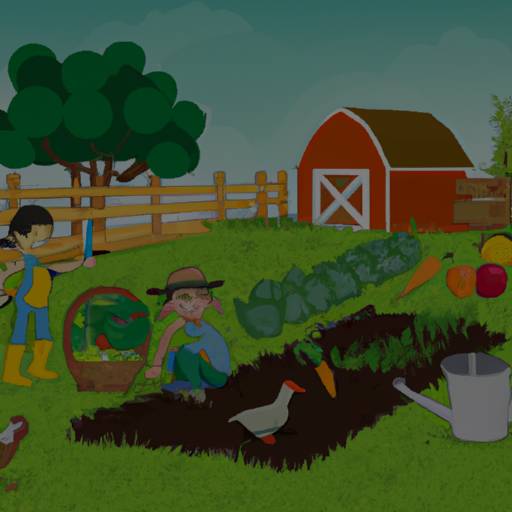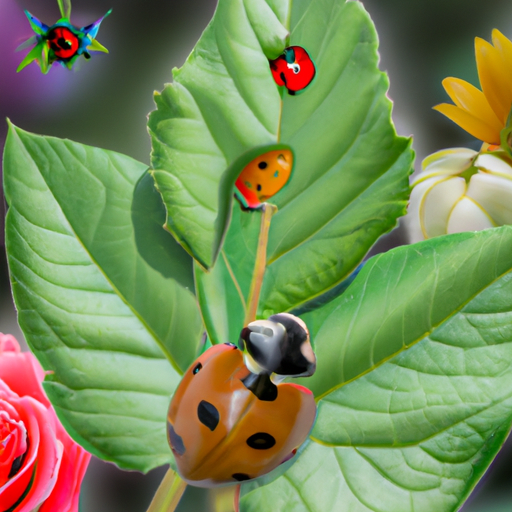Integrated Pest Management for Your Organic Garden
Integrated Pest Management (IPM) is a natural method of pest control that is important for organic gardening. By using a combination of cultural practices, biological controls, and minimal pesticide use, gardeners can keep their gardens healthy and pest-free. IPM promotes plant health, reduces environmental impact, and encourages biodiversity. It involves identifying common pests, implementing cultural practices like companion planting and crop rotation, using biological controls, and minimizing pesticide use. While hiring a professional may be an option for larger operations, anyone can successfully implement IPM in their organic garden with proper research and education. Monitoring and measuring the success of the pest management plan is crucial.
